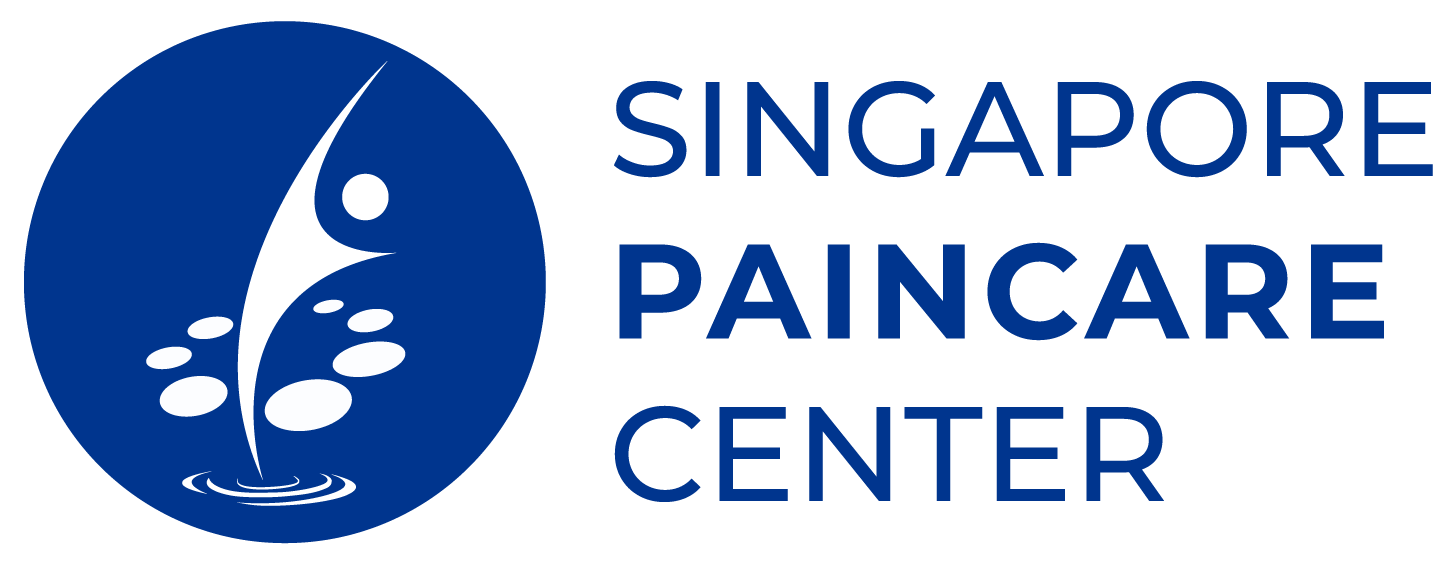Headache (Migraine, Tension Headaches)
Headache
Headache is one of the most common illness. Pain can happen on one side or both sides of the head. The World Health Organisation report has shown that in the past year, 47% of adults experience a headache. Headache can also be a sign of other conditions. For example, those that experience severe headaches are three times more likely to be suffering from depression. Headaches can be separated into two main types, primary headache and secondary headache.

What Causes Headache?
Primary Headache
A primary headache is not a symptom of an underlying illness. Instead, a primary headache may be caused by excessive chemical activity in the brain, nerves or blood vessels of the head, or muscles of the head and neck, or face structural problems.
Very often, primary headaches are treated more like functional pain syndrome, whereby the pain generator is elusive and different to eradicate. Investigations may yield inconclusive findings, causing labelling difficulties of these headache symptoms.
Common types of primary headache include:
Tension Headache
Tension headache is the most common type of primary headaches. it is described as pain around the back of the head, the temples and forehead, as if a tight band pressing around the head; it is non-throbbing, with pain ranging from mild to medium intensity. While it does not result in vomiting, some may experience nausea.
The specific cause of tension-type headache is unknown. Doctors believed at one time that chronic muscle tension was the underlying factor, but there now appears to be a more complicated combination of factors that are involved.
Cluster Headache
It is believed that abnormalities in the hypothalamus, a small area of the brain that regulates body temperature, blood pressure, sleep, and the release of hormones, may be responsible for cluster headaches. Cluster headaches may also be caused by a sudden release of the chemicals histamine, which fight allergens, or serotonin, which regulates mood.
Migraine
The cause of migraine is unknown but doctors believe the underlying cause of migraines is related to changes in the blood flow in certain areas of the brain, with subsequent alterations in the blood vessels in that region. Chemical reactions may lead to swelling and irritation of the blood vessels (thought to contribute to the characteristic “throbbing” quality of a migraine headache).
Secondary Headache
Secondary headache can be triggered by existing conditions or underlying serious health issues. It is important to exclude any of these sinister causes of headache in patients with frequent or recurrent headaches.
These types of headaches need immediate and urgent attention that may have negative ramification if not addressed in a timely manner. Often, these conditions may have headaches occurring alongside other symptoms, such as confusion, a fever, sensory changes, or stiffness in the neck.
Common causes of secondary headache:
- a stroke
- a brain tumour
- bleeding from abnormal blood vessel in the brain (aneurysm)
- systemic conditions, such as an infection
- hypothyroidism
- giant cell arteritis
- pregnancy
When Should I Seek Medical Attention?
You should seek medical help when:
- An abrupt occurrence of a severe pain in the head
- A sudden, severe headache unlike any you’ve had
- A headache that worsens over days and changes in pattern
- A headache accompanied by loss of vision, uncontrollable vomiting, seizures, numbness, and mental confusion,
- Headache aggravates into signs of stroke, etc. slurred speech
Diagnosing Headache
Locating the source of pain is crucial to treatment. At Singapore Paincare clinics, our team of experienced pain care specialists together with a neurologist will conduct thorough evaluations to determine the severity of your headaches. This involves a careful diagnosis that looks into your medical history, and outcomes of the physical examination, X-rays and MRI scans to investigate the causes of your headaches.
What Treatments Are Available For Headaches?
In many instances, non-surgical treatments methods can provide excellent outcomes. At Singapore Paincare, our aim is to treat your pain with the least invasive option possible after accurately identifying the cause of your pain. Our approach to pain resolution focuses on the removal of pain generator via specialised injection and minimally invasive procedures. Combined with pharmacological treatments, cognitive and physical rehabilitative therapies, we help patients to improve functions and prevent pain from recurring.
Non-Surgical Treatments for Headaches
Painkillers
Our doctors may choose to prescribe common painkillers to cope with stress headaches. However, some patients need to take stronger non-steroidal anti-inflammatory painkillers. In addition, muscle relaxants may also be used to effectively relieve muscle spasm pain.
Pharmacotherapy
We offer pharmacotherapy through different forms of medications and treatments. These treatments are offered based on the severity and cause of the headaches.
Beta-Blockers
Antihypertensive drugs can reduce the activity of brain cells that cause migraine attacks and narrow the arteries. However, people with asthma should not take it.
Anti-Serotonergic
Serotonin produced by the body is believed to cause migraines. These drugs prevent the recipient from receiving serotonin, thus preventing migraines.
Tricyclic Antidepressants
It is most helpful for patients with migraine who have difficulty falling asleep.
Antiepileptic drugs
Reduces the function of brain nerves that transmits pain signals.
Calcium Channel Blockers
Reduce calcium into neurons, reduce neuron activity; also block the role of dopamine receptors in the brain.
Angiotensin II Blocker
Antihypertensive drugs, or blood pressure-related drugs can prevent angiotensin II from acting, reducing its recurrence or occurrence.
Injections
Muscle relaxant injection may be recommended to decrease the frequency of chronic migraine and tension headaches.
Radiofrequency (RF) Ablation
RF ablation utilises RF energy that is generated through a machine to create heat. This heat is transmitted through a special RF needle to destroy the painful nerve branches of the cervical facet joints. This is a day surgery procedure that is performed under mild sedation.
Surgical Treatments For Headaches
As surgery always come with associated risk, complications and downtime, it may not be suitable for everyone. You should carefully weigh the decision before deciding to go under the knife by considering the pros and cons of both non-surgical methods and surgical reconstruction
If in doubt, always approach our pain doctors with for advice or proper diagnosis.
If you choose to have surgery, your options may include:
Occipital Nerve Simulation
This surgery may be recommended by doctors if individuals face no improvement despite medications. The surgery implants a device consisting of an electrode and pulse generator, effectively reducing the pain felt from migraines. Current studies suggest varying percentages of effectiveness in 60% of the patients.
Get Your Pain Resolved
Send your enquiries or consult our pain experts today.


